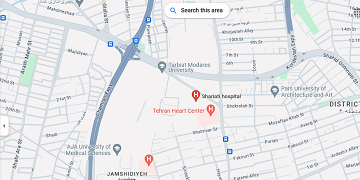Investigating the effect of endometrial cells and vascular endothelial growth factor B loaded in alginate scaffold based on Fmoc-FF peptide on neurogenesis and inflammation in a rat model of Parkinsons disease
Summary of the necessity of project implementation
Parkinson's disease (PD) is the second most common neurodegenerative disease and begins at the age of 55 to 65 years. This disease is a progressive neurological disorder and is caused by the destruction of nerve cells in a part of the brain called the substantia nigra pars compacta (SNpc), which controls movement. Nerve cells in this area are destroyed or damaged and lose the ability to produce an important chemical called dopamine. Normally, dopamine, in balance with other neurotransmitters, helps coordinate the millions of nerve and muscle cells involved in movement. Lack of enough dopamine disrupts this balance and leads to symptoms such as: tremors, stiffness of limbs; Slowness of movement and disturbance in balance and coordination [1,2]. Studies have shown that Parkinson's symptoms develop in patients who lose 80% or more of the dopamine-producing cells in the substantia nigra. In addition, the loss of dopaminergic nerve endings in the striatum also occurs, and finally, the decrease in the number of dopaminergic neurons will lead to a decrease in the content of dopamine in the striatum. [3] Pathologically, this disease is characterized by the loss of dopaminergic neurons and the formation of protein masses called Lewy bodies, which contain large amounts of alpha-synuclein (-Synα) proteins [4].
Moderator: Dr. Jafar A
Start year: 2023




Send to friends